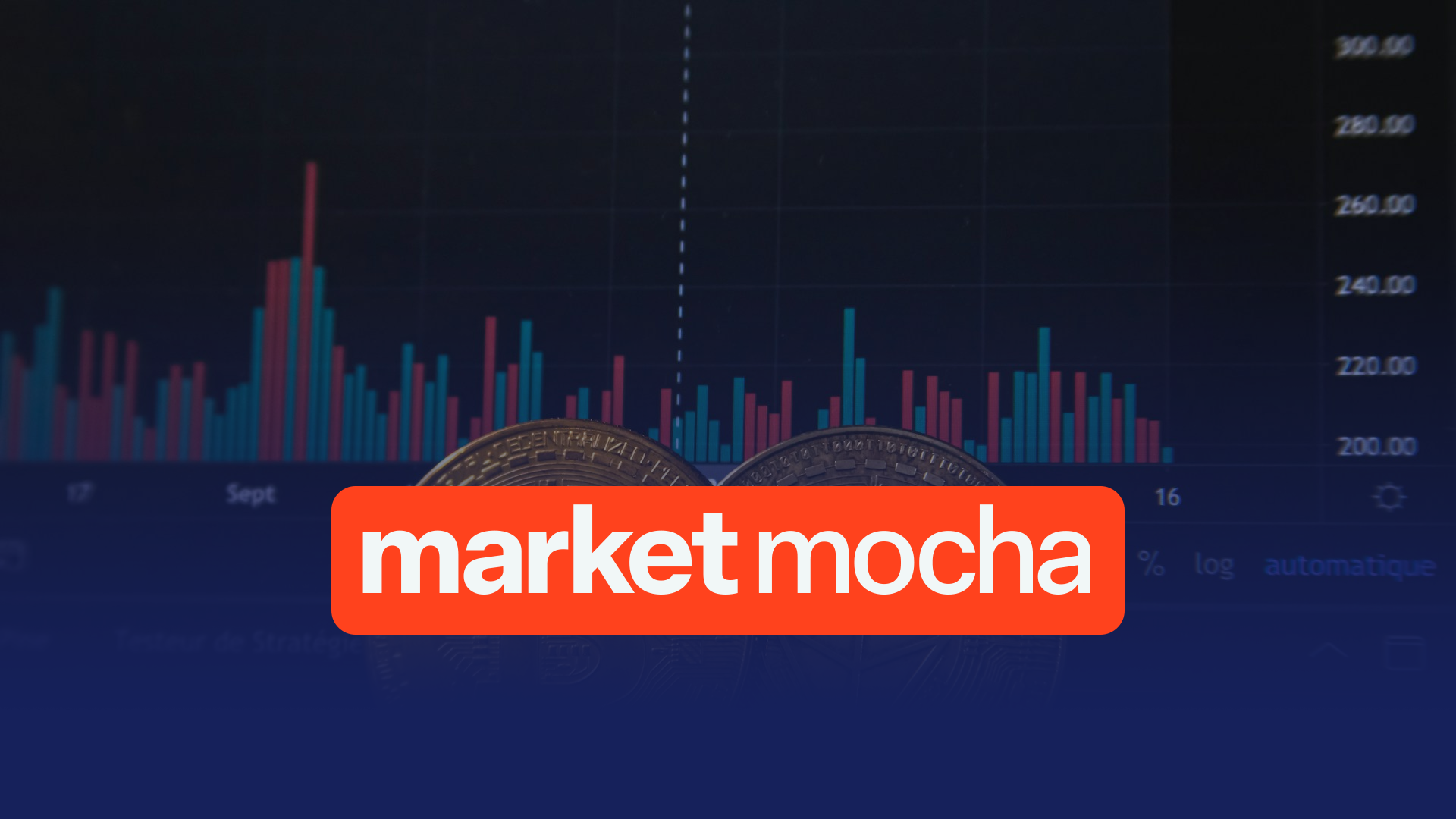Bitcoin has plunged as global markets reel from the fallout of US President Donald Trump’s sweeping new tariff regime, with the flagship cryptocurrency now trading at US$76,819.50, down 7.65% over the past 24 hours.
The steep drop follows a broader market collapse sparked by the announcement of blanket tariffs on all US imports, escalating fears of a global trade war and pushing investors out of riskier assets—including cryptocurrencies. Bitcoin, which had held steady between US$82,000 and US$83,000 last week despite declines in equities and gold, has now lost 28% from its all-time high of US$109,000 set in January.
Ethereum (ETH), the second-largest cryptocurrency, has fared even worse—plunging 14.66% to US$1,544.63—as a wave of liquidations swept through digital asset markets. According to CoinGlass, Bitcoin and Ethereum alone accounted for US$247m and US$217m in long liquidations over the past 24 hours, respectively. Across all cryptocurrencies, more than US$853m in leveraged positions have been wiped out, affecting over 280,000 traders.
The broad sell-off has dragged down every major digital asset, with Solana, Dogecoin, XRP, and others all posting double-digit losses. Coinbase’s “Coinbase 50” index, which tracks the platform’s 50 most traded assets, is down 11.08% on the day.
Panic over tariffs spills into crypto
Market sentiment turned sharply negative over the weekend after China retaliated against Trump’s tariff hikes with its own 34% duties on US goods, signalling a deepening conflict between the world’s two largest economies. Analysts say the lack of clarity on the duration and scope of the measures has triggered panic selling across asset classes.
According to S&P Dow Jones Indices, the S&P Global Broad Market Index lost US$7.46 trillion in market value across just two trading sessions following the announcement—US$5.87 trillion in US markets and another US$1.59 trillion globally.
Bitcoin, often likened to a high-growth tech stock in terms of trading behaviour, has become increasingly correlated with broader equities in times of stress. Although once promoted as a hedge against traditional market instability, recent price action has challenged that narrative.
The Fear and Greed Index—a widely watched gauge of market sentiment—has now plunged back into “Extreme Fear” territory, hitting 23, a level not seen since early March.
Analysts warn of more pain ahead
Research firm 10X Research noted that Bitcoin’s trend model has been bearish since it crossed below US$96,000, and suggested further downside is likely if macro conditions continue to deteriorate. “This move is not just about crypto—it’s part of a broader de-risking cycle,” they said in a note.
The Federal Reserve remains cautious. Despite recent strength in US nonfarm payrolls, Fed Chair Jerome Powell signalled reluctance to cut rates prematurely, citing concerns that tariffs could stoke inflation. Analysts at Barclays warned that unless labour market data deteriorates further, significant policy shifts from the Fed are unlikely in the near term.
Meanwhile, geopolitical complexity is growing. While some countries like Vietnam, Israel, and India have reportedly moved to drop tariffs on US products in a bid to de-escalate, others—such as China, the EU, and Canada—are preparing countermeasures. This uneven international response is adding to investor uncertainty.
Bitcoin down 15% year-to-date
Despite early-year optimism that 2025 would bring regulatory clarity and potential spot ETF approvals, Bitcoin is now down 15% year-to-date. With no major crypto-specific catalysts on the horizon, the sector’s short-term direction appears tethered to global macro developments—particularly the trajectory of the trade war and its economic fallout.
Analysts say that without a major bullish trigger, Bitcoin and the broader crypto market are likely to remain vulnerable to external shocks. For now, investors appear to be in full risk-off mode, as the spectre of a global recession looms larger by the day.





